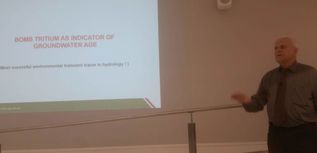 Kazimierz Rozanski presenting at the seminar. Kazimierz Rozanski presenting at the seminar. I was happy to take part in a seminar on "Isotopes and environmental tracers in hydrology" organized by the Water Resources and Environmental Engineering group at the University of Oulu, Finland. On two days, we heard about latest applications of tracers and discussed recent developments in tracer hydrology. On the third day, I served as an opponent for a PhD defense, which meant that I discussed with the PhD student their thesis over 90 minutes. For the rest of the week, I joined the research group for a field campaign at the Pallas-Yllästunturi-Nationalpark to take for example soil samples for stable isotope analysis and install snow lysimeters. It was a week full of exciting research, great discussions and stunning landscapes. I am looking forward to go back to Finland next year due to funding by the German Hydrolgical Society.
0 Comments
It was a great honor to attend a Symposium on Ecological Restoration and Efficient Utilization of Water Resources in Semi-arid Regions in Zhangjiakou, Hebei Province, China last week. I learned a lot about the issues of water shortage and contamination in Hebei (West and South-West of Beijing). The talks at the symposium presented the conflict between increasing water demand for agricultural and forestation, while the groundwater availability dropped dramatically over the last decades due to the ongoing land use changes. I presented how stable isotopes of water can help to assess the partitioning between green water (used by plants) and blue water (groundwater recharge), which are the grand challenges in semi-arid environments to ensure agriculture production and groundwater availability. A field excursion to research centers investigating improved irrigation and fertilization practices showed current developments towards recommendations to the government and farmers in the Hebei province in order to mitigate further stress on the water supply. I was further invited to visit the group of Prof. Shiqin Wang at the Center of Agricultural Resources Research of the Chinese Academy of Sciences in Shijiazhuang, Hebei, China. We visited one of her field sites in the Taihang Mountain and I enjoyed the discussion with her and her students.
The week-long trip allowed an in-depth insight into the current hydrological issues addressed in Chinese research, but also provided a unique experience of Chinese culture, drinks, and food. Thanks to Prof. Shiqin Wang, who made this possible! (Thanks to Shiqin and Yan-Jun for sharing their photos!) I am happy to present the final study of my postdoctoral research within the VeWa project at EGU 2018 on "Water ages in the critical zone of northern environments: Relation between storage and travel times of transpiration and recharge fluxes". The presentation will be a talk on Thursday morning (12 April, 9:30 a.m., room 2.31) in an interesting session on controls of water storage, mixing and release dynamics. See here a list of all contributions to the session, with links to their abstracts.
The abstract describing my work in cooperation with Doerthe Tetzlaff and Chris Soulsby reads as follows: "As the northern environments undergo intense changes due to warming climatic conditions and altered land use practices, there is a need for an improved understanding of the impact of atmospheric forcing and vegetation on water storage dynamics in the critical zone. We therefore assess the travel times of recharge and transpiration fluxes in four landscape units of podzol soils in the northern latitudes: two sites in the Bruntland Burn long-term experimental catchment (Scottish Highlands) were vegetated either with Scots pine (Pinus sylvestris) or Ericacae (Calluna vulgaris), one site in Dorset, Canada was covered with White pine (Pinus strobus), and one site in Krycklan, Sweden dominated by Scots pine (Pinus sylvestris). We simulated the forward travel times by tracking individual precipitation and snowmelt events through the critical zone using the SWIS (Soil Water Isotope Simulator) model. A previous study showed that the SWIS model could simulate the hydrometric and isotopic dynamics in the upper 50 cm of the studied soils. The resulting median travel times of soil waters percolating through the 50 cm depth plane ranged from few days to >200 days at Bruntland Burn and Dorset and >300 days at the Krycklan site. These time-variant travel times of the recharge flux showed for all sites an exponential relationship to the water storage in the soil. The lower the water volume in the considered soil volume, the more likely are longer travel times. The shortest travel times of the recharge occurred accordingly in winter and early spring when the storage was highest and evapotranspiration was lowest. Our findings on the pedon scale therefore indicate similar inverse storage effects as reported for water ages of discharge at the catchment scale. These general patterns are blurred in years of intense snow accumulation and high snowmelt volumes in spring. As shown for the Krycklan site, the travel time of recharging soil waters in such years was highly dependent on the timing of the snow melt and most water was flushed during the melt period. The travel times of the transpiration ranged between few days and about 200 days depending on the time of infiltration of the traced precipitation or snowmelt. Water that infiltrated in late autumn stayed on average about 200 days in the soil before it was transpired in the following growing season. Thus, the dynamics of the transpiration water ages was mainly driven by the onset of the vegetation period. Our findings provide new insights into the mixing and transport processes of soil water in the upper layer of the critical zone, which is relevant for hydrological modeling at the plot and catchment scales as the common assumption of a well-mixed system in the subsurface does not hold for the transpiration. Additionally, the transpiration ages show that water in the plant xylem can have relatively old ages depending on the year, which is relevant for ecohydrological studies inferring root water uptake depths using stable isotopes. The EGU session HS10.5/BG2.1/SSS13.40 on "Stable isotopes to study water dynamics in the soil-plant-atmosphere continuum" is scheduled for Friday, 13 April 2018 with oral presentations in the morning (08:30–10:00 in Room 2.15) and the poster presentations in the afternoon (17:30–19:00). Make sure you don't miss the interesting talks and posters covering field studies, methodological developments and modeling applications in the context of stable isotope hydrology to foster process understanding in the soil-plant-atmosphere continuum.
Very interesting discussion on the topic of water ages in the hydrological cycle during last weeks workshop funded by the Wassernetzwerk Baden-Württemberg. The interdisciplinary organizing committee (Prof. Dr. Markus Weiler , Chair of Hydrology, University of Freiburg; Prof. Dr. Werner Aeschbach , Institute of Environmental Physics, Heidelberg University; Prof. Dr. Christiane Werner , Chair of Ecosystem Physiology, University of Freiburg; PD Dr. Christiane Stumpp , Helmholtz Zentrum München and University of Freiburg) brought together early career and senior scientists working on the different compartments of the hydrological cycle. This way, the workshop fostered exchange between the disciplines to get a better understanding of how the water flow in the unsaturated and saturated zone is affected by vegetation and atmosphere. The workshop ended with a field visit of a long-term experimental forest site close to Freiburg (Conventwald).
EGU Session on "Stable isotopes to study water dynamics in the soil-plant-atmosphere continuum"4/10/2017 I organize a session for EGU 2018 together with Josie Geris, Christophe Hissler, Pilar Llorens and Natalie Orlowski on "Stable isotopes to study water dynamics in the soil-plant-atmosphere continuum". It is co-organized by the sections of Ecohydrology (HS10.5), Terrestrial Biogeoscience (BG2.1) and Soil System Science (SSS). Invited speaker will be Arthur Gessler from WSL, Zürich.
More info and the session description here. Tetzlaff, Doerthe, Ala-Aho, P; Buttle, J; Carey, SK; Kohn, M; Kuppel, S; Laudon, H; McDonnell, J; McNamara, JP; Spence, C; Sprenger, M; Smith, A; Soulsby, C :"Using stable isotopes to understand vegetation‐water linkages across northern landscapes (VeWa)"
Sprenger, M; Tetzlaff, D; Ala-Aho, P; Buttle, J; Laudon, H; Mitchell, C; Snelgrove, J; Weiler, M; Soulsby, C: Keynote on "Water fluxes, transport and transit times" including recent work on "Mobile and tightly bound soil water fluxes in northern environments" See the program of the conference here. |
Archiv
May 2022
Kategorien
All
|

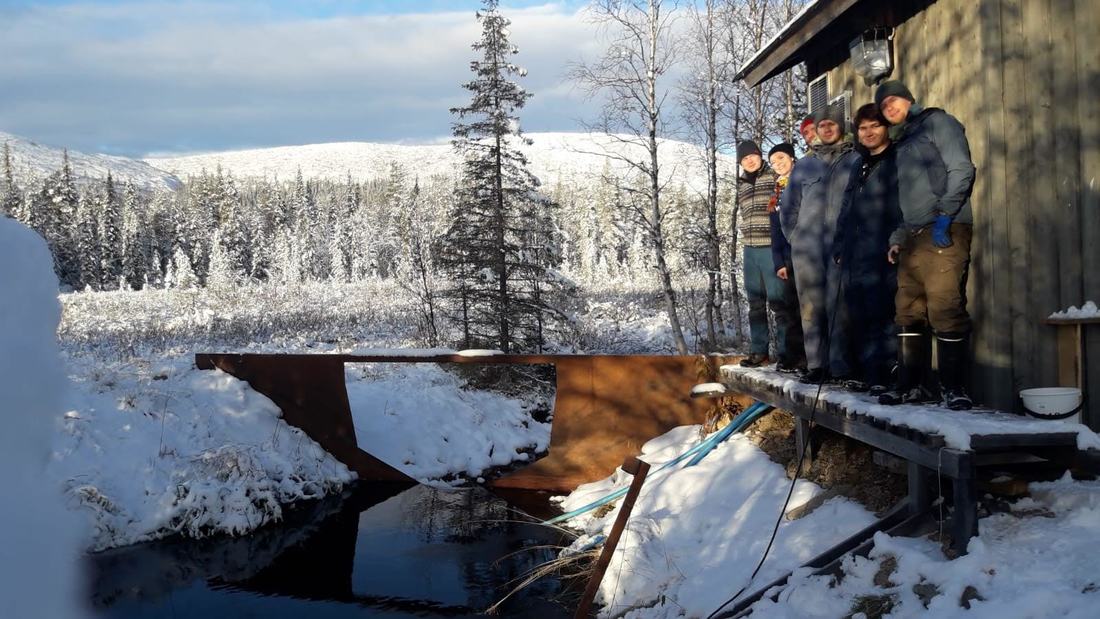
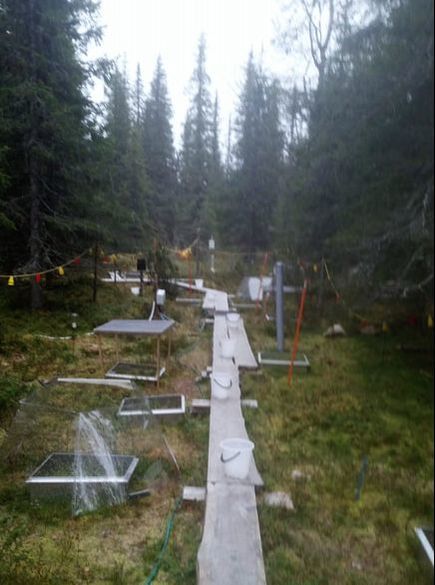
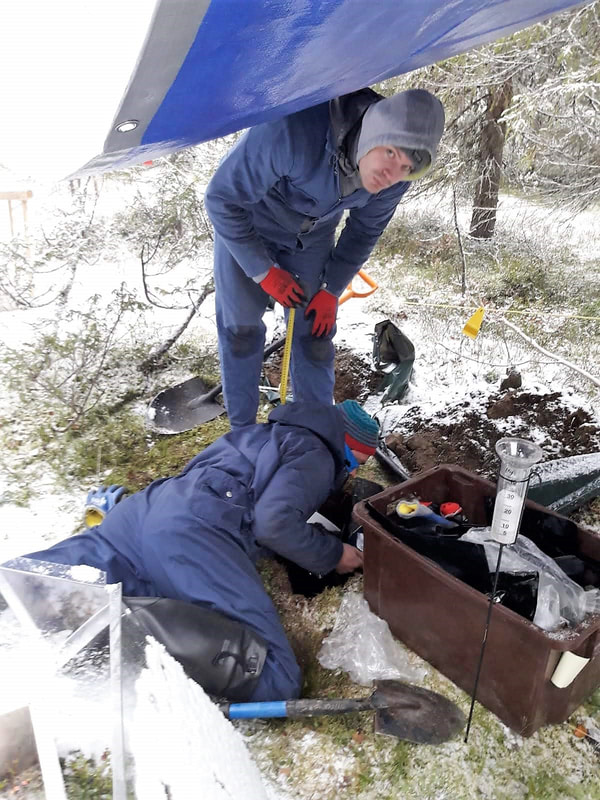
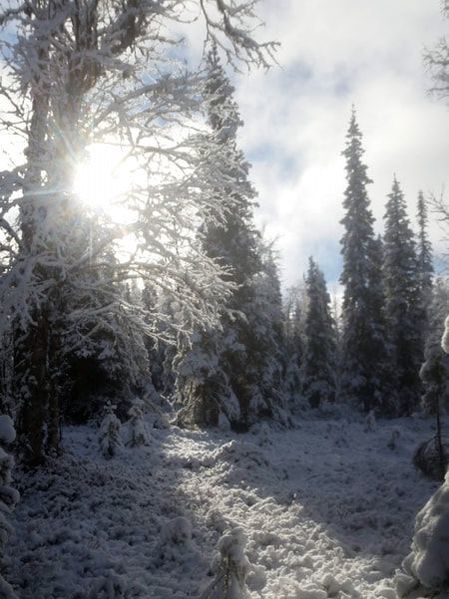
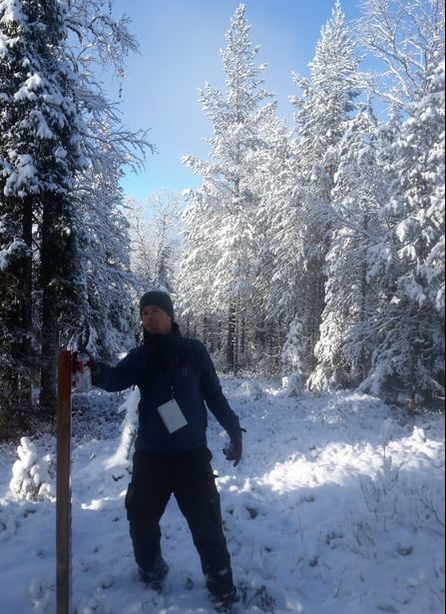
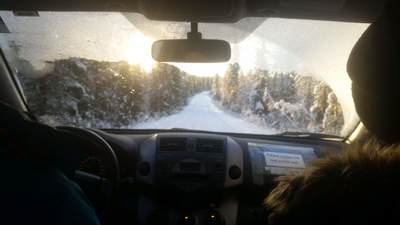
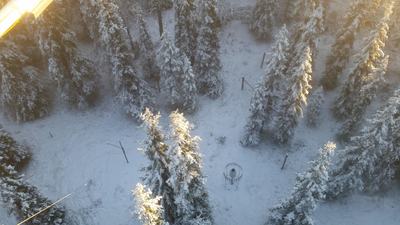
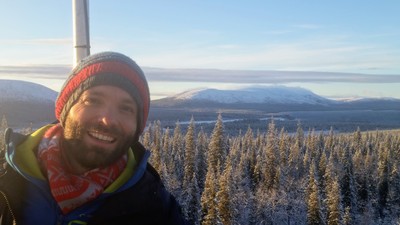

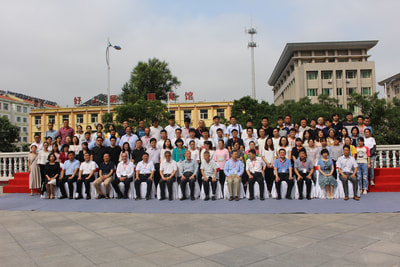
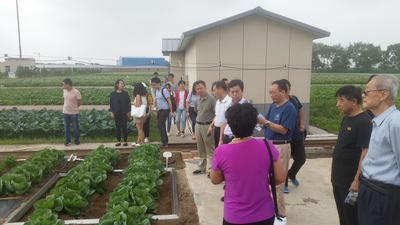
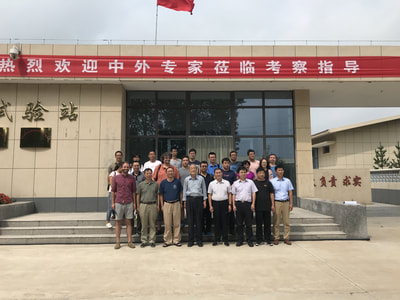
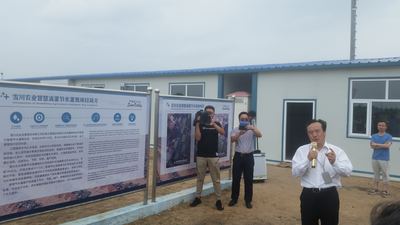
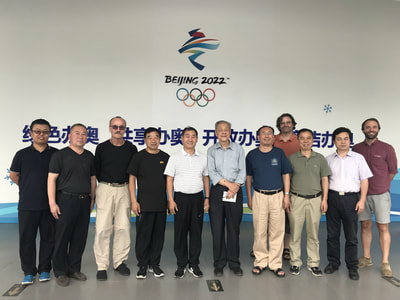
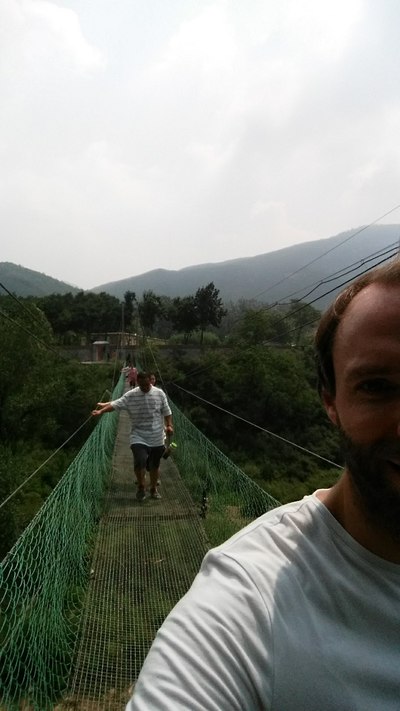
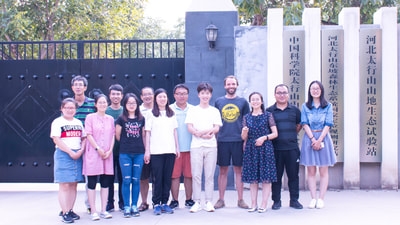
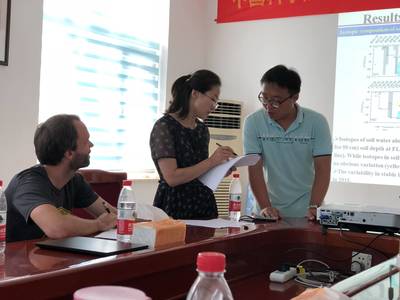
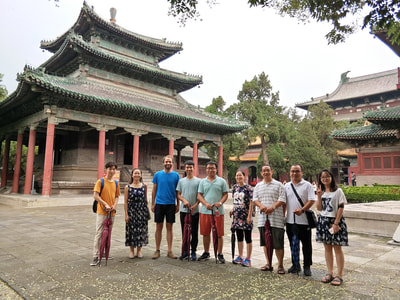
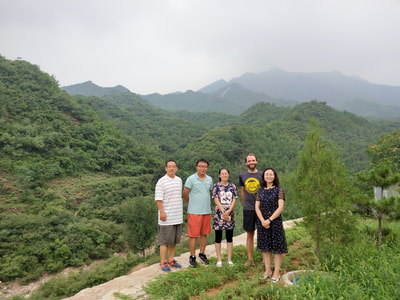
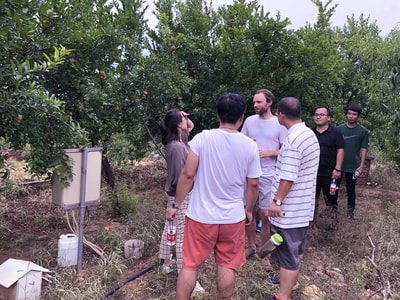
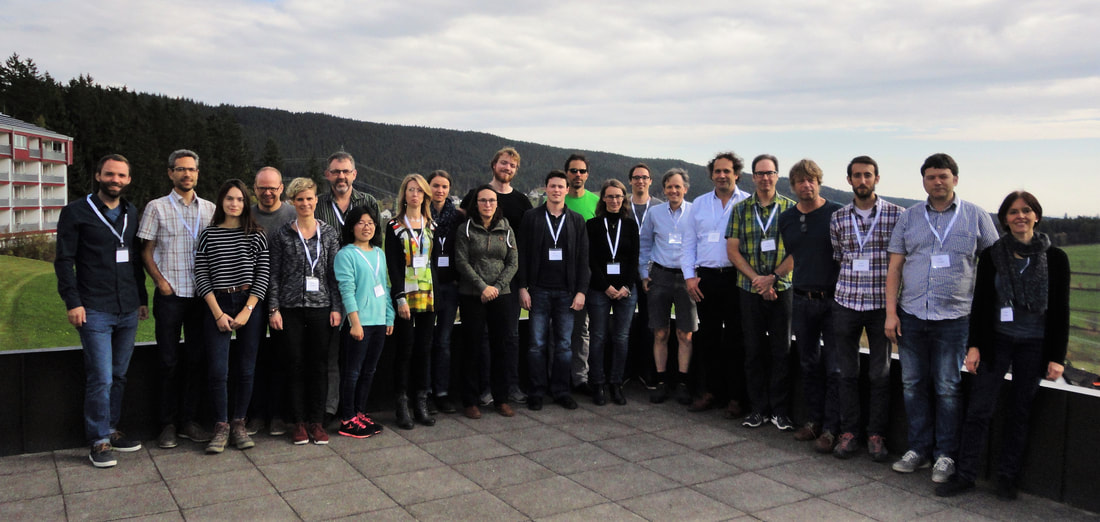
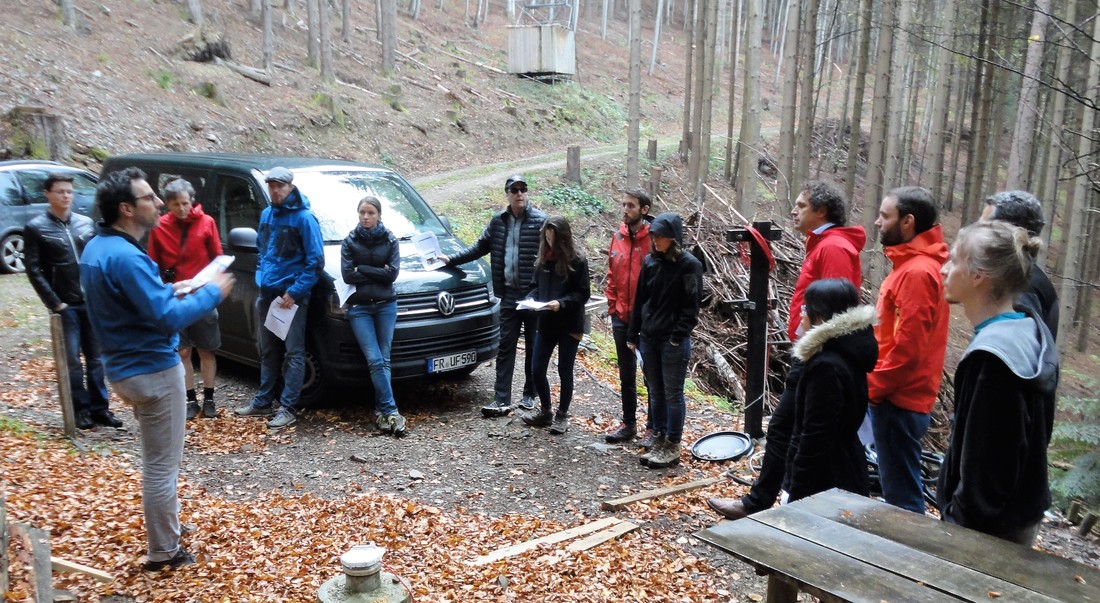
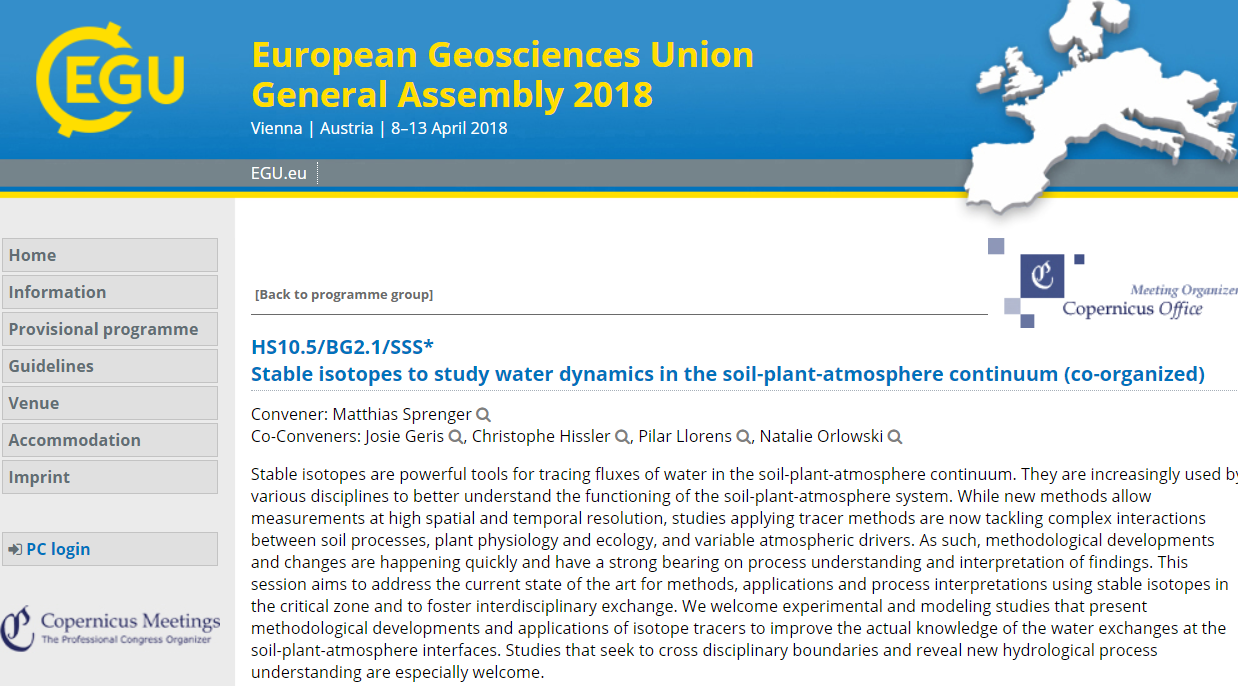
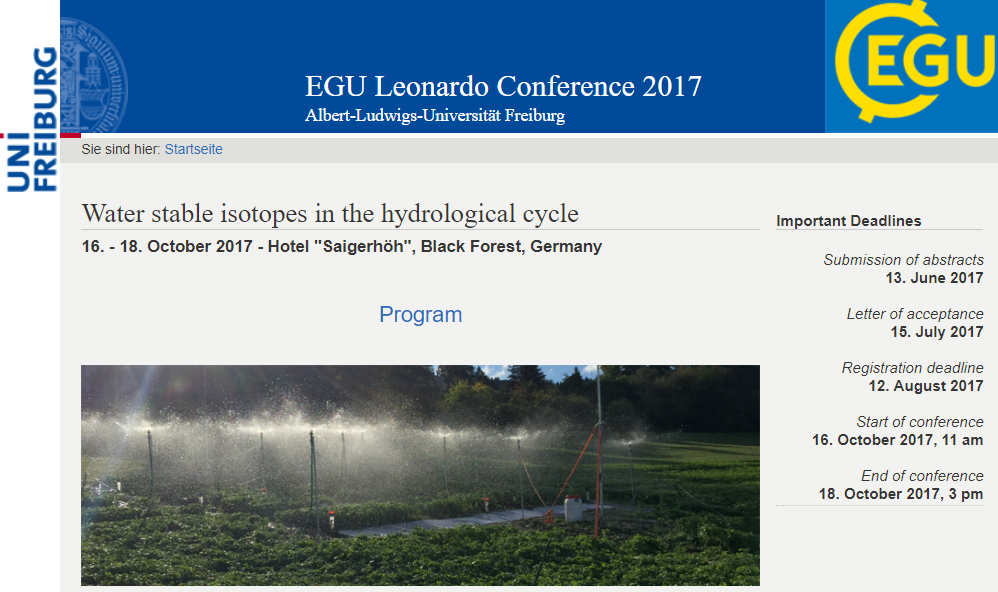
 RSS Feed
RSS Feed
